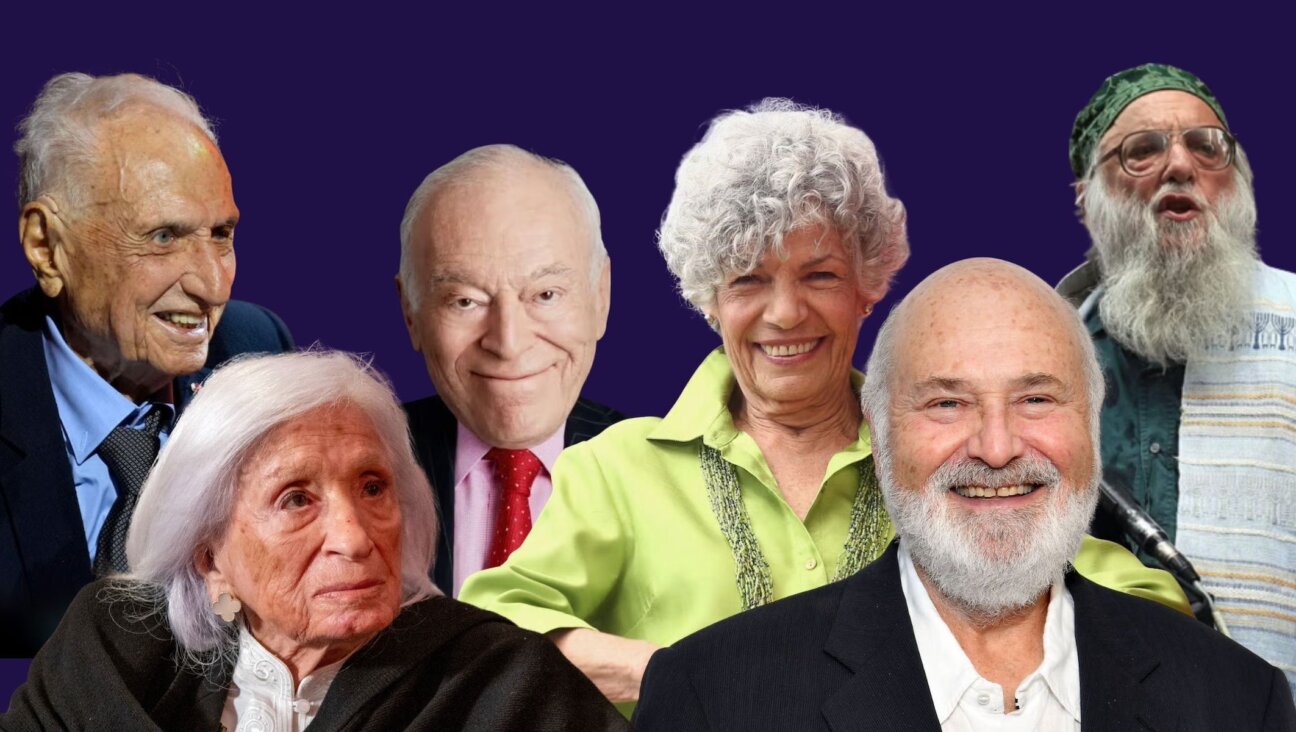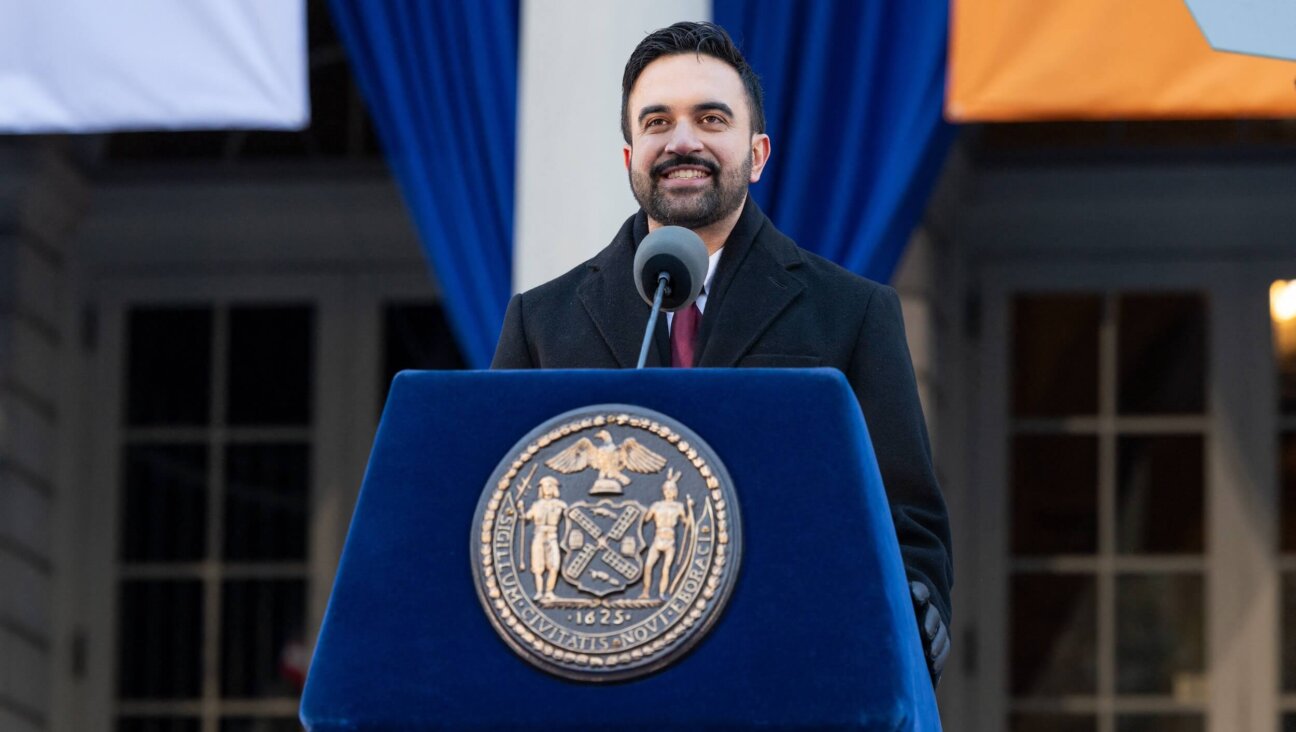Saudi Morals Chief Suggests Road Open To Allowing Women To Drive

Graphic by Angelie Zaslavsky
Saudi Arabia’s ban on women driving is not mandated by any text in Sharia, the Islamic legal code which forms the basis for most Saudi law, the head of its morality police told Reuters on Thursday.
Sheikh Abdulatif Al al-Sheikh stressed that he has no authority to change Saudi policy on women driving, but his comment may feed into a national discussion in Saudi Arabia, where women have in the past been arrested for defying the ban.
Although Saudi Arabia has no written legal code to go with the texts making up sharia, its police and judiciary have long enforced a prohibition on women driving, citing the country’s conservative customs.
Even without any specific law against women driving, women who defied the prohibition have been arrested by the country’s regular police department and put on trial on charges that include causing public disturbance.
“Islamic sharia does not have a text forbidding women driving,” said Al al-Sheikh, who was appointed by King Abdullah last year to head the Commission for the Promotion of Virtue and the Prevention of Vice, the formal name of the religious police.
King Abdullah has pushed for cautious social and economic reforms in the world’s top oil exporter, including efforts to give women a more prominent role in society.
Al al-Sheikh said that in his role as head of the morality police, he did not make policy but implemented the rules and laws of the kingdom.
He said that the morality police had not pursued or stopped any women for driving since he was made head of the organisation and said he was not aware of such cases before his appointment.
But he added that a report in the Arabic daily al-Hayat on Thursday that members of the morality police had recently been instructed not to pursue or stop women drivers in future was untrue.
“We have not given any new instructions,” he said.
Saudi Arabia’s morality police was set up as an informal institution in the 1930s to enforce public morals according to the strict interpretation of sharia in the kingdom’s official Wahhabi school of Sunni Islam.
It is now a branch of the state, with a permanent staff and annual budget. Al al-Sheikh, like its previous heads, is a religious scholar.
King Abdullah’s reform efforts, such as appointing women to the advisory Shoura Council and promoting female employment, have sometimes incurred opposition among conservatives in the country’s powerful Wahhabi clergy.
“The era of King Abdullah is an era of reform and development of all state organisations, including the Commission,” said Al al-Sheikh.
Al al-Sheikh said he has worked to improve the body’s image over the past 18 months by clamping down on members who exceed their authority and encouraging a lighter hand in its dealing with the public.
“We implement the rules strictly if the Commission people exceed their powers. We don’t allow them to interpret the law themselves,” he said.
Women’s rights groups in the conservative Islamic kingdom have been agitating for a change in the rules. In addition to being banned from driving, Saudi women must seek the approval of a male relative, known as their “guardian”, to travel, get a job, open a bank account or have some forms of elective surgery.













